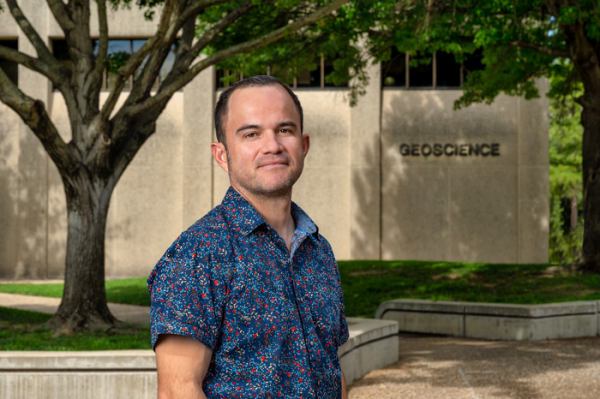In Tegucigalpa and surrounding areas, Hondurans often wait weeks for tap water to flow.
A new study designed and co-authored by Ricardo Sánchez-Murillo, associate professor of earth and environmental sciences at The University of Texas at Arlington, could change that.
In a region highly vulnerable to climate change and climate variability, Honduras’ water sources are also burdened by rapid population growth, increased land use and extreme weather events. A lack of historical hydro-meteorological data has limited the government’s knowledge of where, when and how the nation’s water supply recharges.
“Water availability is one of Honduras’ most challenging public services,” Sánchez-Murillo said. “During prolonged dry seasons, many people must resort to buying expensive bottled water or water imported from other basins.”
Read more at: University of Texas at Arlington
Ricardo Sánchez-Murillo, The University of Texas at Arlington (Photo Credit: Randy Gentry/The University of Texas at Arlington)


